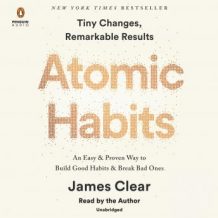Red Meat Republic: A Hoof-to-Table History of How Beef Changed America Audiobook
Red Meat Republic: A Hoof-to-Table History of How Beef Changed America Audiobook
- John Chancer
- Princeton University Press
- 2019-05-07
- 9 h 29 min
Summary:
How meat conquered America and gave rise to the present day industrial food complicated
By the later nineteenth century, Americans rich and poor had come to anticipate high-quality fresh beef with nearly every meal. Beef production in the United States had opted from small-scale, localized functions to a highly centralized market spanning the united states, with cattle bred on ranches in the rural Western, slaughtered in Chicago, and consumed in the nation’s rapidly growing towns. Red Meats Republic tells the about Red Meats Republic: A Hoof-to-Table Background of How Beef Changed America exceptional story from the violent turmoil over who reap the benefits of this new industry and who bear its weighty costs.
Joshua Specht places people in the centre of his story-the big cattle ranchers who helped to operate a vehicle the country’s westward growth, the meatpackers who created a radically new kind of industrialized slaughterhouse, and the stockyard employees who were put through the shocking and unsanitary conditions described by Upton Sinclair in his book The Jungle. Specht brings to life a turbulent era designated by Indian wars, Chicago labor unrest, and food riots in the roads of New York. He shows the way the long lasting success from the cattle-beef complex-centralized, low cost, and meatpacker dominated-was a rsulting consequence the meatpackers’ capability to make their interests overlap with those of a starving public, as the interests of attempting ranchers, desperate employees, and bankrupt butchers got a backseat. America-and the American table-would never end up being the same once again.
A compelling and unfailingly enjoyable go through, Red Meats Republic reveals the organic history of exploitation and development behind the food we eat today.






